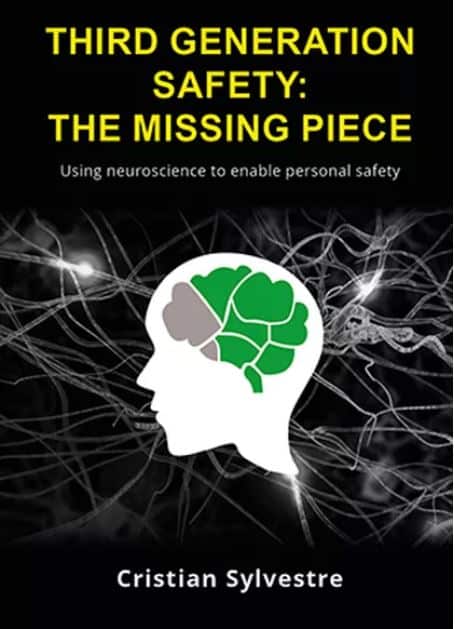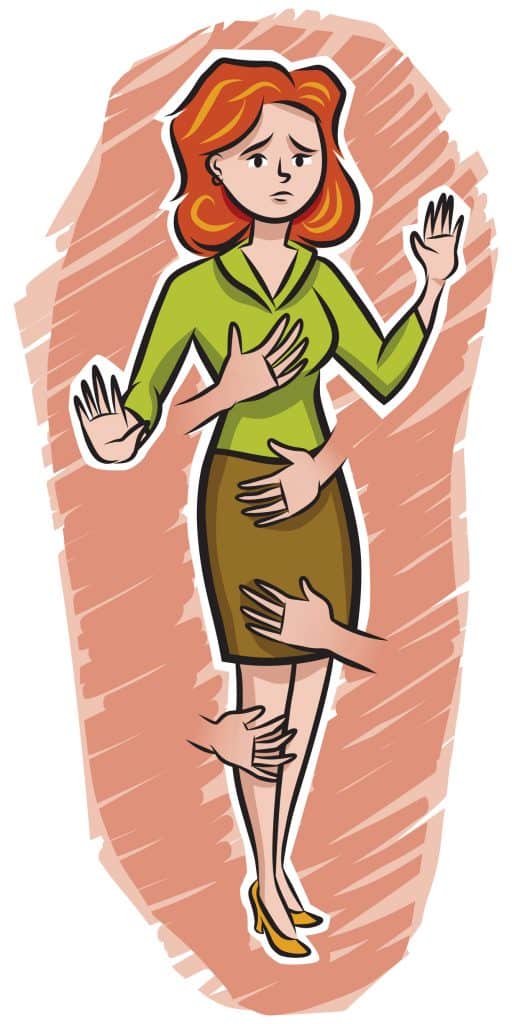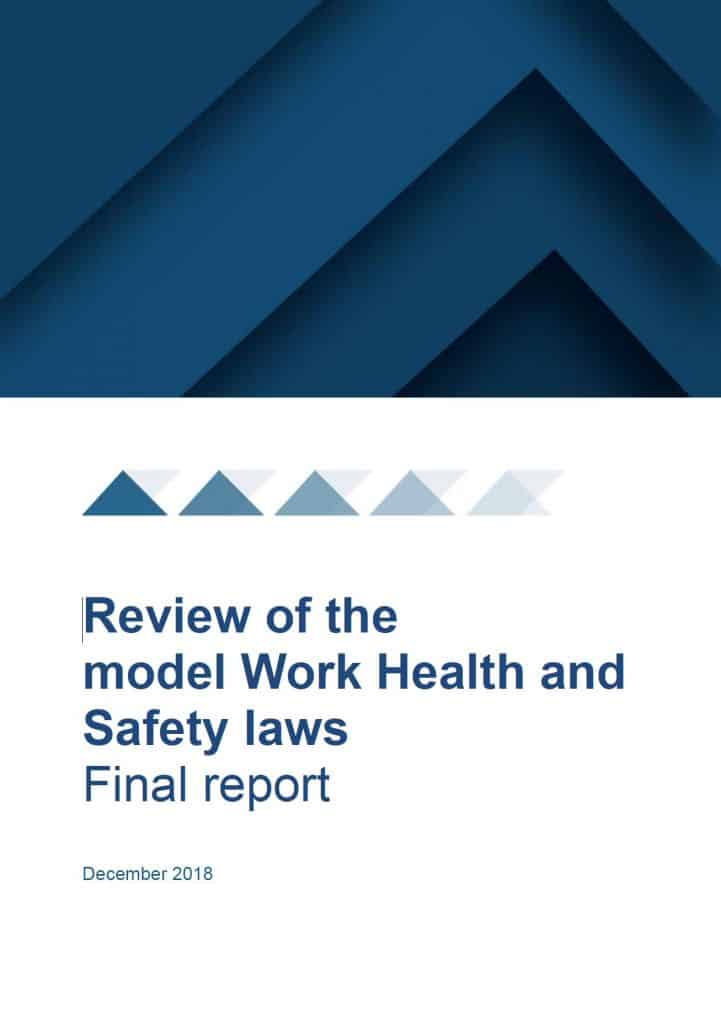
Several years ago I attended an occupational health and safety (OHS) conference at which Cristian Sylvestre was speaking. He was in one of the secondary rooms, it was packed with conference delegates and he was talking about neuroscience and its potential to affect safety. In 2017 he self-published a book called “Third Generation Safety: The Missing Piece“.
OHS has a lot of people talking about new approaches to address the plateauing of safety performance. We are pushed to reassess how we got here and how we look at OHS – Safety II, psychology of risk and others, or we need to have OHS fit with the Fourth Industrial Revolution. Sylvestre advocates a third generation of safety. This is his take on the previous two generations and how we should progress in the future.



